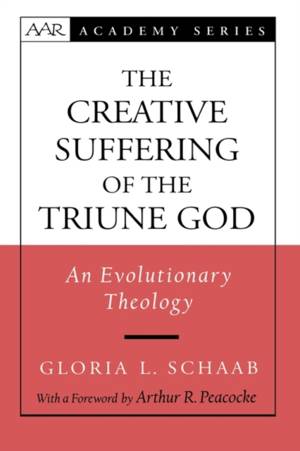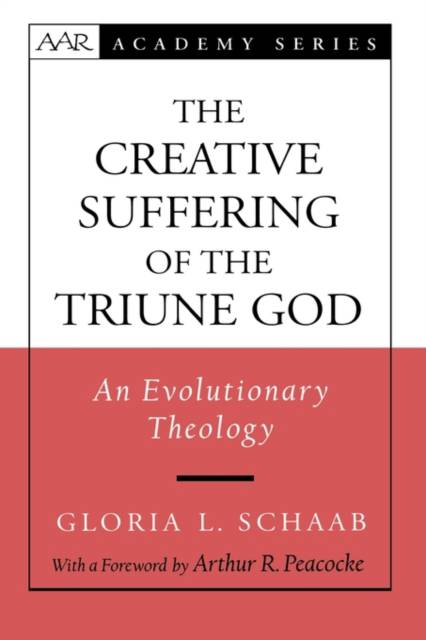
- Afhalen na 1 uur in een winkel met voorraad
- Gratis thuislevering in België vanaf € 30
- Ruim aanbod met 7 miljoen producten
- Afhalen na 1 uur in een winkel met voorraad
- Gratis thuislevering in België vanaf € 30
- Ruim aanbod met 7 miljoen producten
€ 127,45
+ 254 punten
Uitvoering
Omschrijving
The global reality of suffering and death has always demanded an authentic theological response and impelled debate concerning Gods relationship to suffering, as well as the conceivability of the suffering of God. The scope and impact of this suffering in the last century have driven this debate to an acute pitch, demanding to know how one can speak rightly of God in view of the suffering that is inherent and inflicted in the cosmos. While in former ages, some looked to an omnipotent and impassible deus ex machina in answer to this question, many contemporary theologians have revised their understanding of God in relation to the world.
With these theologians, Gloria Schaab proposes that a viable response to cosmic suffering is the recognition that the triune Christian God participates in the very sufferings of the cosmos itself. She sets her argument within theology and science dialogue and specifically within the work of scientist-theologian Arthur Peacocke. Informed by the understandings of evolutionary science, grounded within a panentheistic paradigm of the God-world relationship, and rooted within the Christian theological tradition, this work contends that the understanding of the Triune God as intimately involved with the suffering of the cosmos is viable and efficacious in view of the suffering of the cosmos and its creatures. It develops a female procreative model of the creative suffering of the Triune God, an ecological ethics based on the midwife model of care, and a pastoral model of threefold differentiation of suffering in God as steps toward Christian praxis in response to the mystery of God within the pain, suffering, and death of cosmic existence and human experience.
With these theologians, Gloria Schaab proposes that a viable response to cosmic suffering is the recognition that the triune Christian God participates in the very sufferings of the cosmos itself. She sets her argument within theology and science dialogue and specifically within the work of scientist-theologian Arthur Peacocke. Informed by the understandings of evolutionary science, grounded within a panentheistic paradigm of the God-world relationship, and rooted within the Christian theological tradition, this work contends that the understanding of the Triune God as intimately involved with the suffering of the cosmos is viable and efficacious in view of the suffering of the cosmos and its creatures. It develops a female procreative model of the creative suffering of the Triune God, an ecological ethics based on the midwife model of care, and a pastoral model of threefold differentiation of suffering in God as steps toward Christian praxis in response to the mystery of God within the pain, suffering, and death of cosmic existence and human experience.
Specificaties
Betrokkenen
- Auteur(s):
- Uitgeverij:
Inhoud
- Aantal bladzijden:
- 256
- Taal:
- Engels
- Reeks:
Eigenschappen
- Productcode (EAN):
- 9780195329124
- Verschijningsdatum:
- 18/10/2007
- Uitvoering:
- Hardcover
- Formaat:
- Genaaid
- Afmetingen:
- 152 mm x 229 mm
- Gewicht:
- 539 g

Alleen bij Standaard Boekhandel
+ 254 punten op je klantenkaart van Standaard Boekhandel
Beoordelingen
We publiceren alleen reviews die voldoen aan de voorwaarden voor reviews. Bekijk onze voorwaarden voor reviews.









